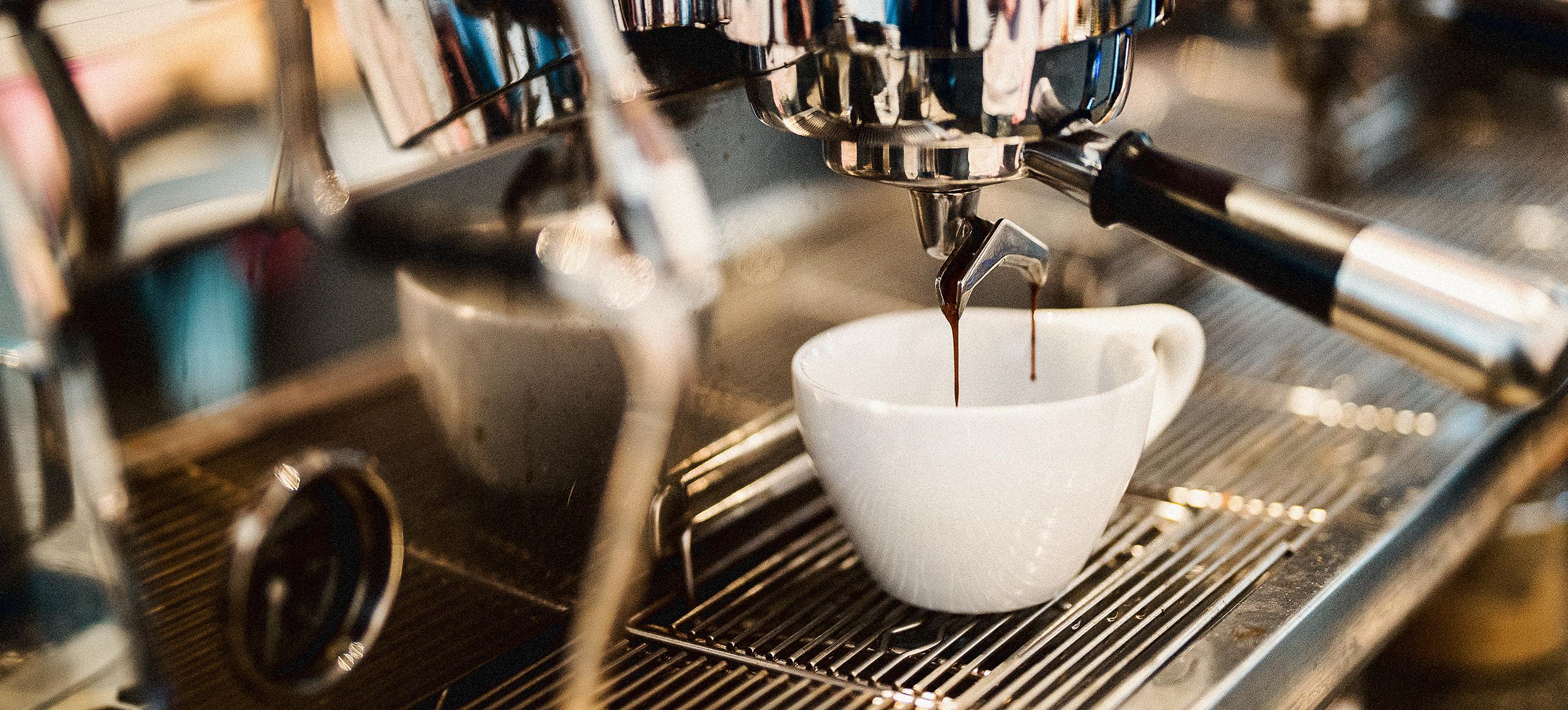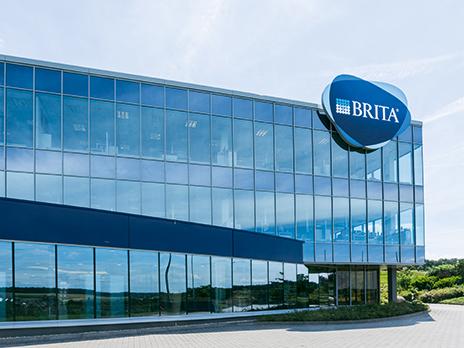Sustainability is firmly on the menu for coffee shops today and with good reason. While the conversation around sustainable and ethically sourced coffee has been underway for some time, environmental sustainability, traceability, and recyclable packaging and utensils all remain important concerns for UK coffee drinkers.
And when it comes to that all-important flavour of the perfect espresso, it’s understandable that most people look to the beans first. But should water be an equally important part of the equation? After all, 98% of a cup of coffee is water, so to get the ideal flavour and extractions from those delicious beans, considering the science behind water is crucial.
UK coffee shops already have a good reputation for sustainability and great flavours, but did you know how smart water filtration could help boost these even further? Samantha Scoles, qualified water sommelier and Sales Director at BRITA Professional, takes a deep dive into the issue of unfiltered water, its influence on taste and its little-recognised environmental impacts.








